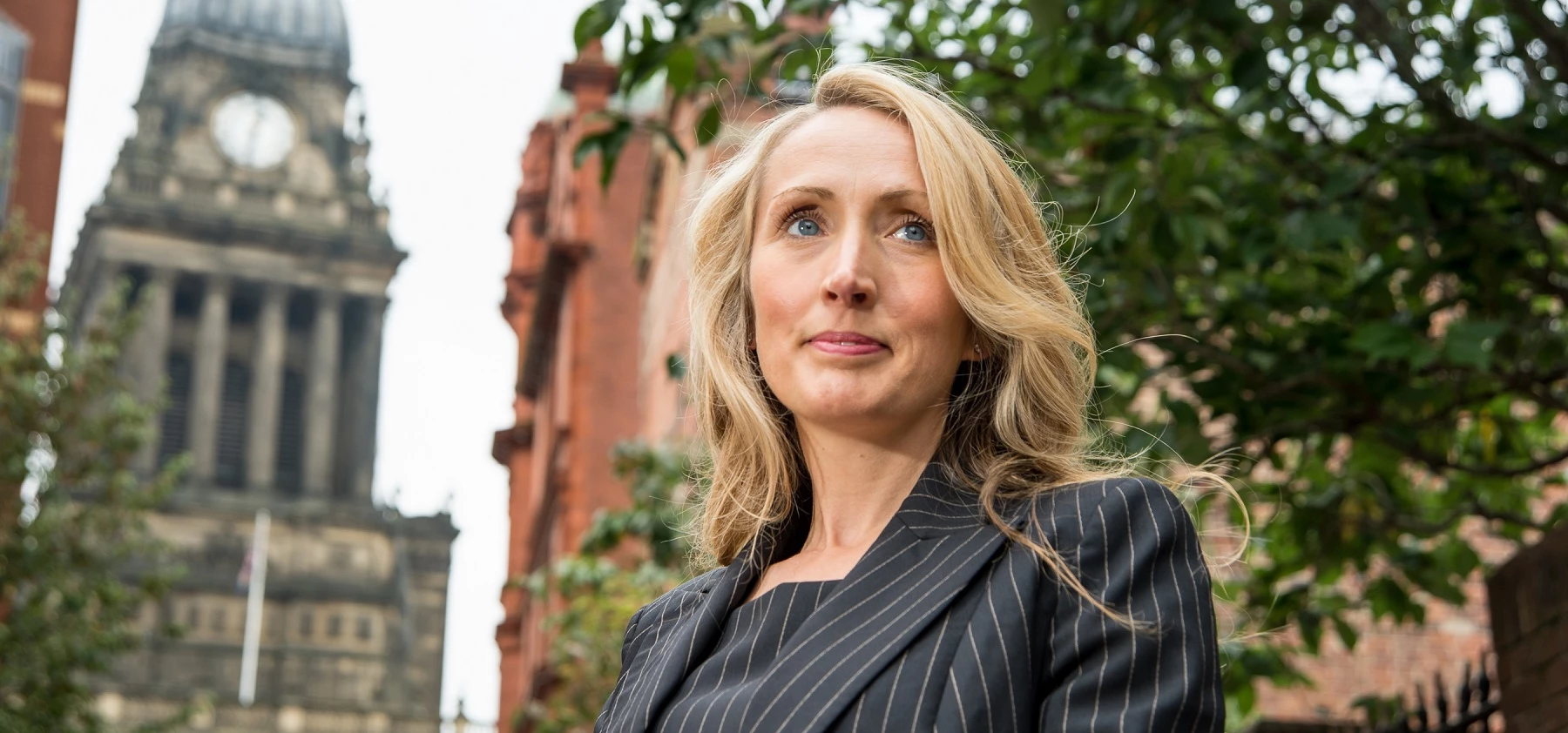
Partner Article
R3 responds to the 2023 annual insolvency statistics
- There were 25,158 seasonally adjusted corporate insolvencies in 2023. This was an increase of 13.7% from 2022’s figure of 22,123, an increase of 78.9% on 2021’s figure of 14,059, and an increase of 46.6% on pre-pandemic figures in 2019 (17,163).
- There were 103,454 seasonally adjusted personal insolvencies in 2023 – a decrease of 12.9% on 2022’s figure of 118,766, a fall of 6% on 2021’s figure of 110,044 and a fall of 15.3% compared to pre-pandemic levels in 2019 (122,147).
Eleanor Temple, chair of the UK’s insolvency and restructuring trade body R3 in Yorkshire, and a barrister at Kings Chambers in Leeds, responds to the publication of the 2023 annual corporate and personal insolvency statistics for England and Wales:
“The last year has seen a rising tide of corporate insolvencies. A combination of increased costs, cautious spending, creditor pressure, and the post-pandemic hangover have seen more businesses enter a corporate insolvency process to help address their financial issues than last year. Unless the economic picture improves, costs come down and people start spending, it seems likely that insolvency numbers will remain high this year.
“Increases in Creditors’ Voluntary Liquidations (CVLs), Compulsory Liquidations and administrations have driven corporate insolvencies to a 30-year high.
"More directors have turned to CVLs this year compared to last year as a combination of fatigue, pressure from creditors and tough trading conditions have led to them shutting their doors while the decision to do so is theirs to make, and pushed the number for these insolvency processes to the highest quarterly total in more than 60 years.
“Similar factors are driving the increase in administrations, but the harsh business climate has to be the biggest. The upsurge in consumer spending that many businesses had been hoping for since the end of lockdown hasn’t happened, or at least hasn’t been sustained, and the firms who were hanging on and hoping for it have simply run out of time and money.
“Compulsory Liquidation numbers are also substantially higher than in 2022 but are still slightly below pre-pandemic levels. However, creditors are being more proactive in chasing the debts they are owed as they have their own financial pressures to manage and their own debts to pay, while 2022’s Compulsory Liquidation numbers were suppressed by the tail-end of the Government’s support measures, which will have affected numbers in the first quarter of that year.
“Turning to personal insolvencies, the fall in figures between 2022 and 2023 masks the fact that demand for debt advice and support is still high in England and Wales.
“Although Individual Voluntary Arrangement numbers have fallen compared to last year, Breathing Space numbers have soared, and Bankruptcy and Debt Relief Order figures are higher than in 2022. This suggests people with lower levels of debt are opting for a different kind of support than the one offered by a formal insolvency process like an IVA, while the number of people who need help managing higher debt levels is on the rise compared to last year.
“We also know that there is often a time-lag between people facing serious financial difficulties and the release of personal insolvency statistics, so the figures seen in government data may not be a real-time representation of the current hardships faced by many UK households.
“Financial distress and money worries are still serious problems in England and Wales, and the last 12 months have hit many people’s finances hard. Rising bills, food and fuel prices were a major concern and a major expense in 2023, while high inflation forced up interest rates and left a lot of people worrying about the costs of mortgages and loans.
“Although inflation is now falling, the prices of food, energy and fuel are still a worry for many, and could lead to an increase in personal insolvencies over the next year – especially if a cold start to 2024 leads to a further rise in energy bills.
“Our message to anyone who is worried about their finances or the financial health of their business is to seek advice as soon as possible. We know how hard it is to talk about this topic, but starting the conversation when these problems are new will give you more options and more time to take a decision about how you move forward than if you’d waited.
“Most R3 members will give a free consultation to prospective clients, so they can learn more about their circumstances, and outline which potential options might be best suited to their situation.”
This was posted in Bdaily's Members' News section by Emma Kilmurray .
Enjoy the read? Get Bdaily delivered.
Sign up to receive our popular morning National email for free.








 Raising the bar to boost North East growth
Raising the bar to boost North East growth
 Navigating the messy middle of business growth
Navigating the messy middle of business growth
 We must make it easier to hire young people
We must make it easier to hire young people
 Why community-based care is key to NHS' future
Why community-based care is key to NHS' future
 Culture, confidence and creativity in the North East
Culture, confidence and creativity in the North East
 Putting in the groundwork to boost skills
Putting in the groundwork to boost skills
 £100,000 milestone drives forward STEM work
£100,000 milestone drives forward STEM work
 Restoring confidence for the economic road ahead
Restoring confidence for the economic road ahead
 Ready to scale? Buy-and-build offers opportunity
Ready to scale? Buy-and-build offers opportunity
 When will our regional economy grow?
When will our regional economy grow?
 Creating a thriving North East construction sector
Creating a thriving North East construction sector
 Why investors are still backing the North East
Why investors are still backing the North East